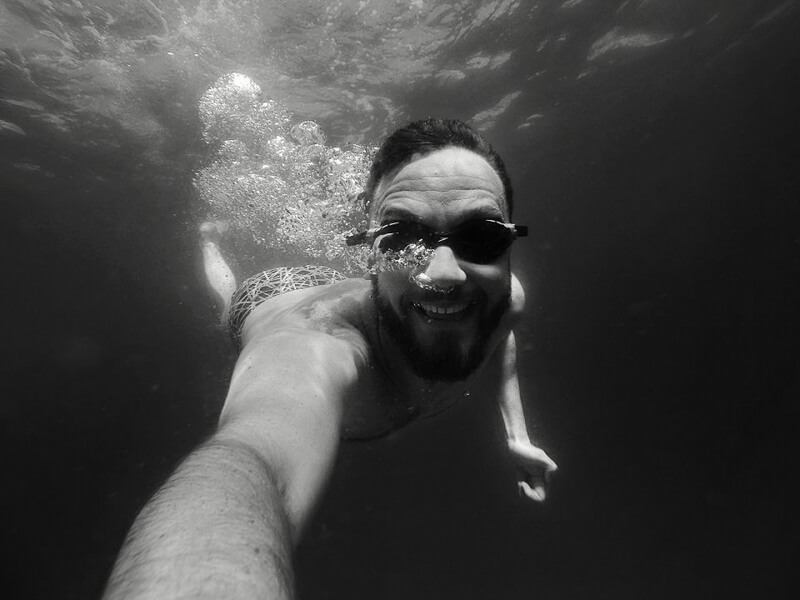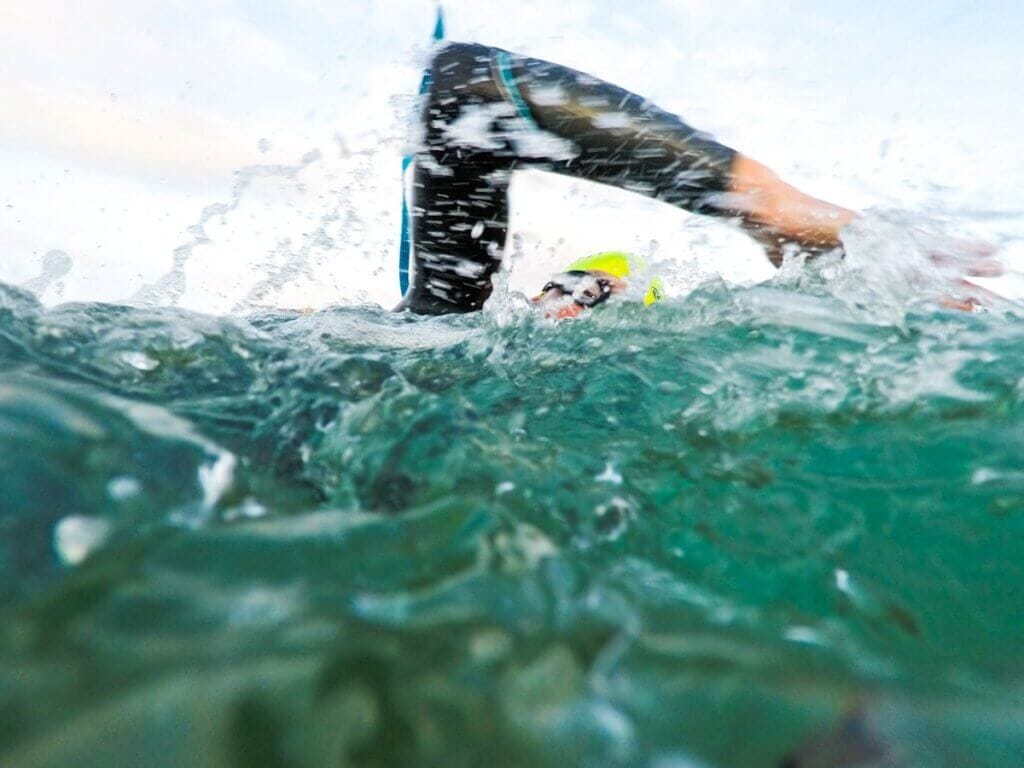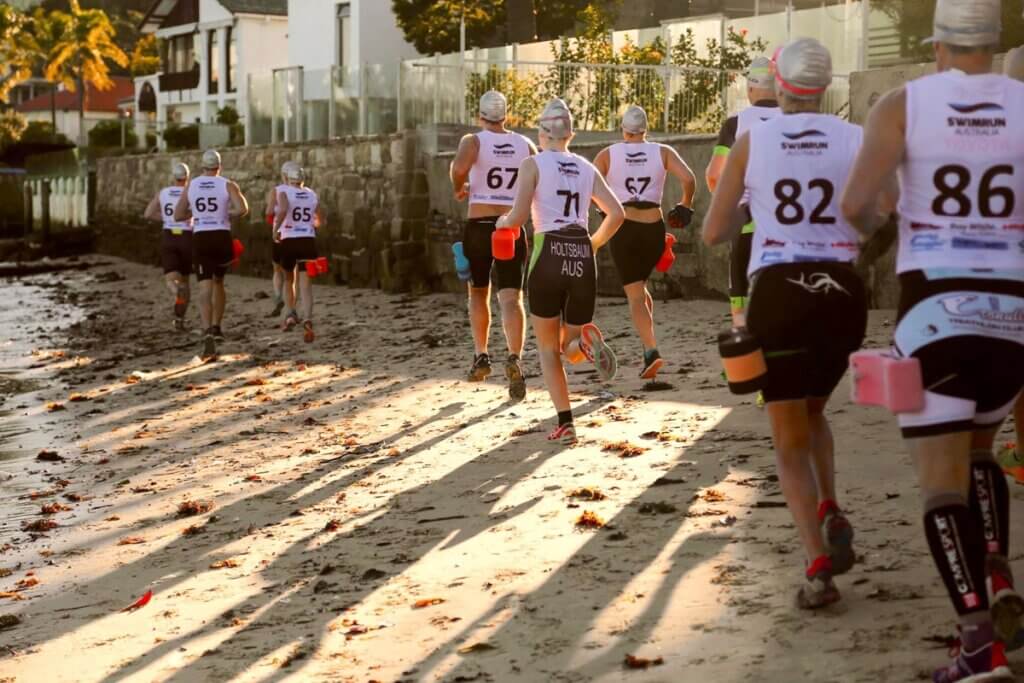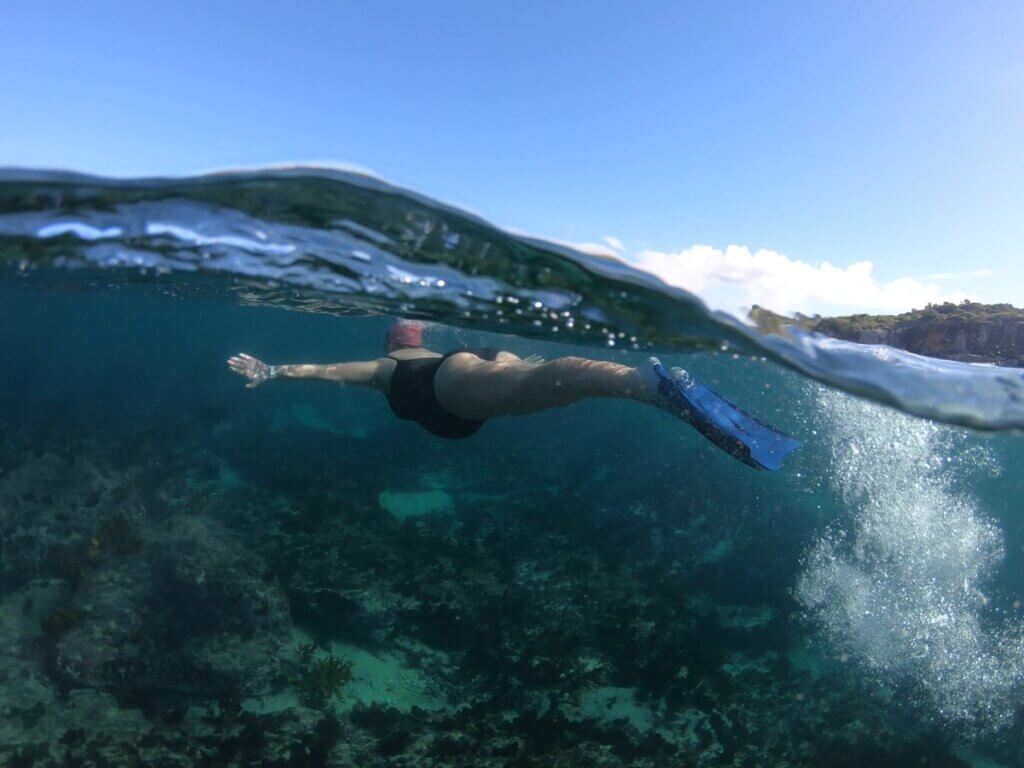The benefits of play

Over the Christmas period, I met up with an old friend of mine, four-time NZ Ironman Champion, Daniel Moodie.
Back in his day (which is not that long ago), he was as good a natural surf athlete as you could find. As an ironman, he was a triple threat; excelling at the swim, board and ski legs.
In all honesty, the guy was a freak. He made everything look easy, especially winning.
But, and he won’t mind me saying this, he wasn’t known for his love for organised training.
As we got chatting, I asked him whether he wished he was still racing, and his reply was as much as I’d have expected from Dan.
“The training is too structured for me,” he said with a laugh.
What he was implying, was that from what he could see, training had become so planned and so formal, that athletes were potentially missing an important ingredient in their development as an athlete – play.
One of the reasons Dan was so good when he was, is that he prioritised play over structured training (to the dismay of his coaches).



In surf sports, whether it be surf lifesaving, ocean swimming or surfing, the dynamic natural environment of the surf means there is an extra layer required on top of skill, fitness, mindset, and tactics, which is unlike other sports.
Whatever you call it; surf sense, surf IQ, having a feel for the ocean, it can’t be coached, and it requires a lot of time in the ocean.
In In Malcolm Gladwell’s popular book “Outliers” he popularised the 10,000-hour rule, proposing it takes 10,000 hours of intensive practice to achieve mastery of complex skills.
Gladwell said that their research suggests that once someone reaches the peak level of skill “the thing that distinguishes one from another is how hard he or she works. That’s it.”
Time is definitely important, however, it’s a bit more complicated when you’re talking about surf sense.
You can master the techniques and work as hard as you like in training, but if you’re missing the crucial element of play-developed surf sense, you’re not going to be a complete surf athlete.
The learning you do through pure enjoyment, freedom of creativity and absence of pressure and critique is second to none.
So, if you’re looking to become more in tune with the ocean, feel more confident in the surf, or gain the edge over your competitors, dial up the play, and ease up on the structured work.
What’s the single best way to develop your surf sense for ocean swimming through play?
Body surfing.
Spend hours just catching waves and swimming back out through the surf.
When you think about it, that’s not a bad way to train when you’re not ‘training’.






Responses